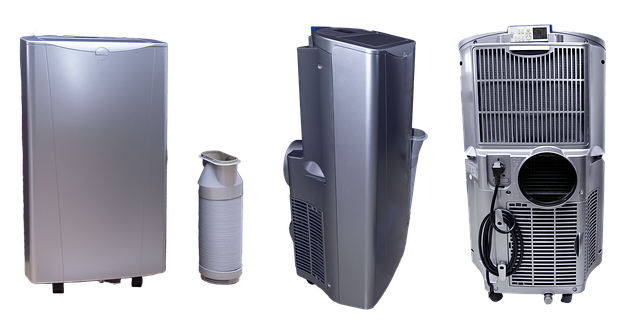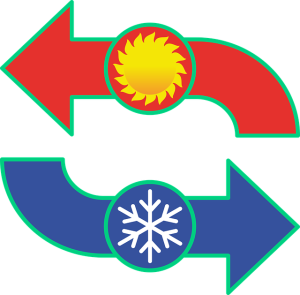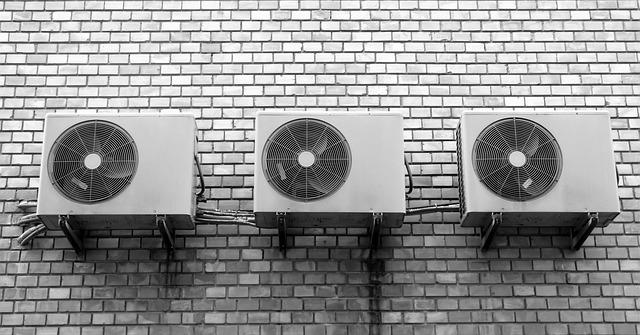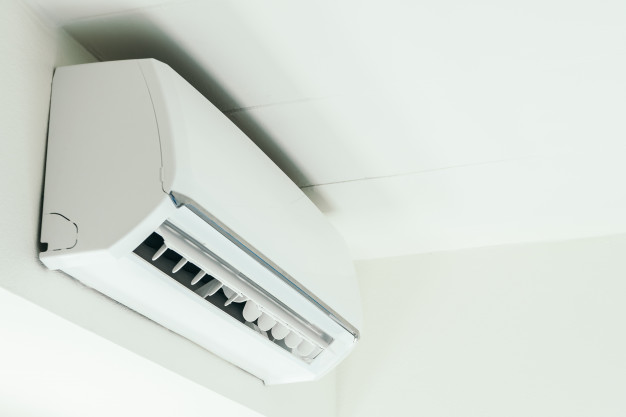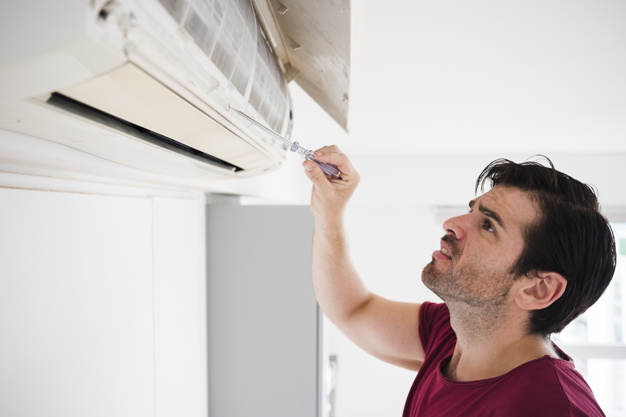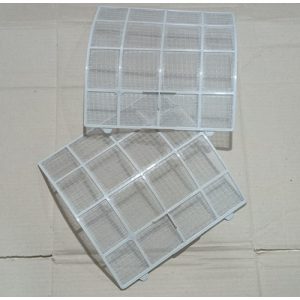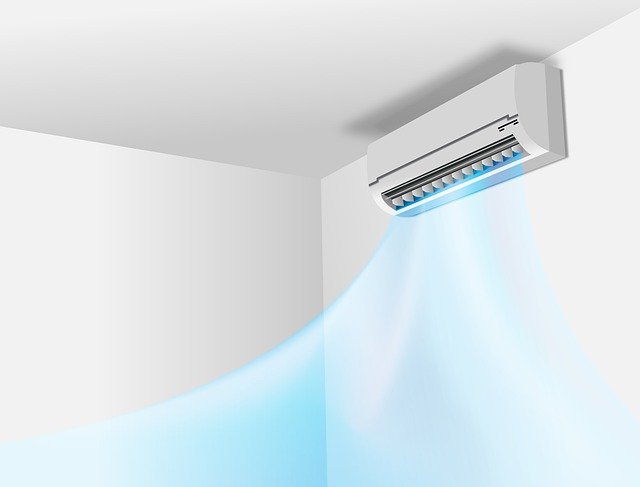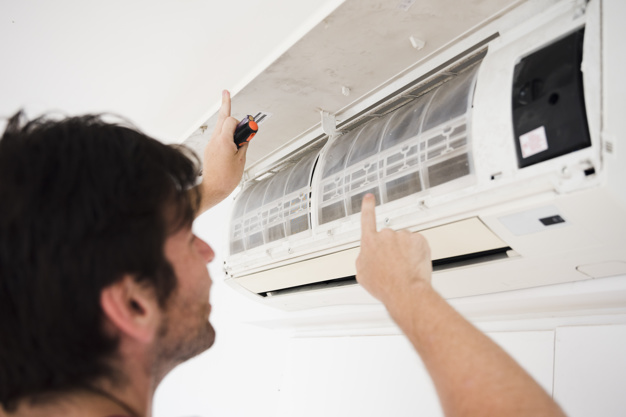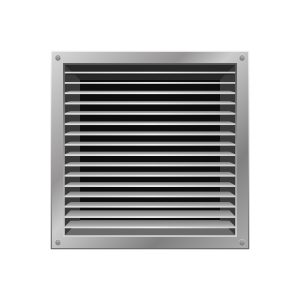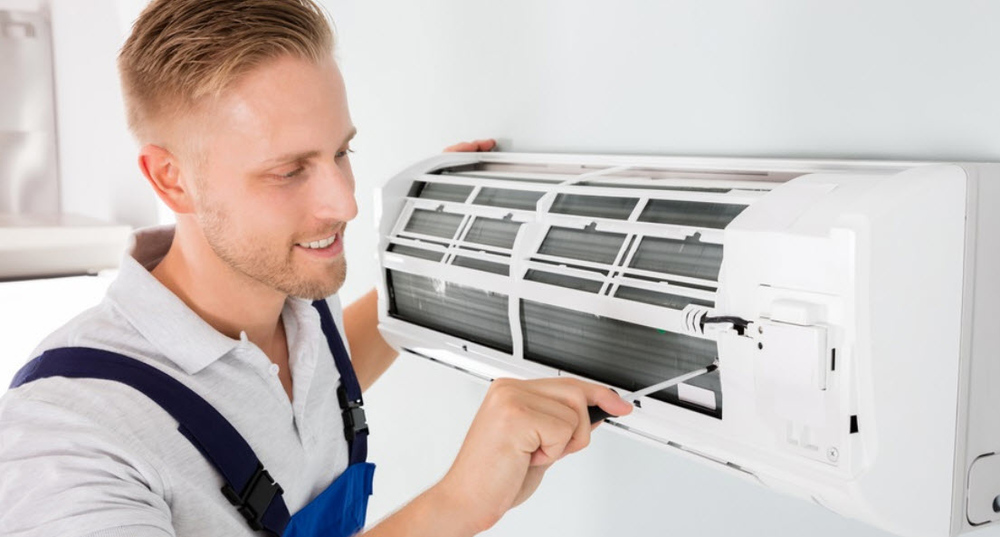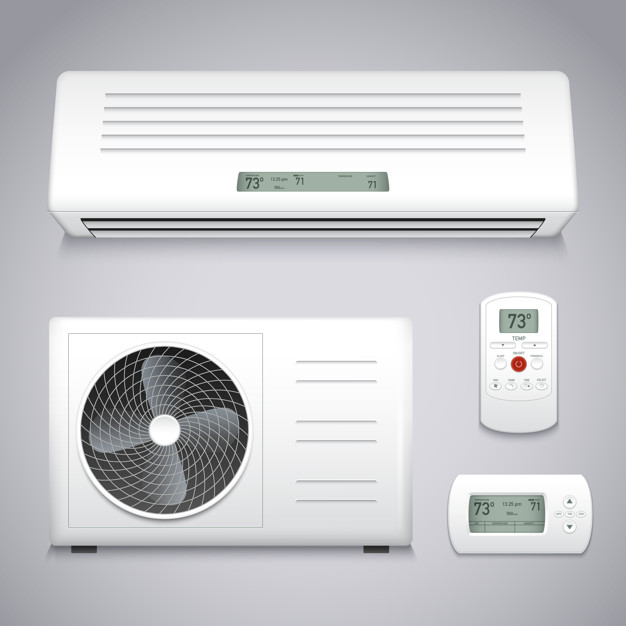Why Your Air Conditioning is Leaking: Causes & Solutions
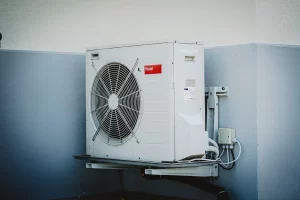
Households Australia-wide are dependant on AC systems. With an estimation of 75% having some form of this in their space, as recorded by Savvy. This can be put down to our harsh sun, and warm weather patterns.
Many find solace in turning to these units day and night. But frequent use can impact many systems, from split to ducted.
So these units then start to wear and tear over time. This can mean an onslaught of problems for your home’s system and overall comfort. Which includes the common problem of a leaky air con.
When faced with this, many people are confused about their next steps. At Endeavour Air Conditioning, we value giving useful information to you. So you can step into any one of our services with full confidence.
Backed with the right knowledge, we’ve provided a detailed outline. This is to help you understand the background of the problem.
See everything you need to know about aircons leaking:
Why Is My Air Conditioning Leaking?
Poor Installation or Faulty Parts
Leaky Air Cons often occur because of poor installation, or faulty components.
An Air Conditioner needs to be installed correctly. If it’s not level, it can lead to poor drainage. The unit has a drain pan that collects water from cooled air, which must tilt towards the drain line. Without the right slope, water can pool and leak out.
On the other hand, faulty refrigerant lines or air handlers are also a concern. These provide gaps or loose areas where the leaks can happen. This lowers the energy efficiency of the unit, and also causes water condensation to surround it.
Clogged Drain Lines
Over time, things like dust, dirt, and various kinds of debris can accumulate inside the line. This build-up blocks the path that water normally takes to leave the unit.
When the water can’t flow out as it should, it starts to back up inside the air conditioner. Eventually, with nowhere else to go, this trapped water begins to leak out of the air conditioning unit.
Condensate Pump Issues
Condensate pumps are important for air cons that can’t easily drain water. This is due to whether the unit is situated. This function helps remove water that is collected inside.
So when your ac unit’s condensate pump stops working, it disrupts the process. Which often means water leaks out of the system.
Low Refrigerant Levels
Low refrigerant levels can cause the coils to freeze over. When the ice melts, it may produce more water than the drain pan can handle, leading to water leaks. This particular problem is a sign of a more serious issue that requires immediate professional attention.
Refrigerant leaks can be poisonous if breathed in, with physical symptoms like headaches, nausea, dizziness, and even the loss of consciousness or death. These leaks are also terribly toxic to the environment and cause permanent ozone layer damage.
The Dangers of a Leaky Air Con
Over the years, our experts have observed many faulty air cons. We understand how these can have bad effects on residential and commercial spaces.
This is how your space can be impacted by air con leaks:
- Increased Energy Bills: Leaks in air conditioning units lead to inefficient systems. This forces your unit to work harder and consume more energy.
- Mould and Mildew Growth: The moisture from water leaks fosters an ideal environment for mould and mildew to thrive. This means health risks and weaker air quality.
- Higher Repair Costs: Neglecting leaks can escalate into bigger issues. This means more expensive repairs for you.
What’s the difference between a water and gas leak?
Air conditioning gas leak symptoms apart from water can be challenging. However, did you know that one is much more harmful than the other?
See how you can identify these below:
| Leak Type | The Source | The Risks | The Signs |
|---|---|---|---|
| Water Leak | Comes from a drainage problem | Weakens the efficiency of the system, as well as causing mold and mildew growth | Puddles or damp spots surrounding the unit |
| Gas Leak | Comes from refrigerant based systems | Is a major health hazard due to the risk of gas inhalation | Strange smells and humming noises |
How To: Steps For a Leaky Air Con
Ducted Air Conditioning Leaking Water
- Switch Off: Immediately turn off the power to your air conditioning system.
- Spot the Leak: Look for any obvious signs of water around the unit. Pay close attention to the area around vents and the unit itself.
- Unclog Drain: The drain line can sometimes get blocked with dirt and debris. If you spot a blockage, you can try to clear it by using a wet/dry vacuum on the drain line’s end. A stiff wire can also work to gently push the clog through.
- Call a Professional: If the leak persists, it’s time to get expert air conditioning leak repair.
Split System Air Conditioning Leaking Water
- Power Off: Safely turn off the ac unit to prevent further damage.
- Spot the Leak: Quickly look for where the water is coming from.
- Check and Clean the Filters: Sometimes, dirty filters cause ice to form and then melt, leading to leaks. Clean or replace them if needed.
- Inspect the Drain Line: See if it’s blocked and gently try to clear it if you can.
- Call for Help: If the leak doesn’t stop, it’s best to contact a professional for repair.
Maintenance Tips to Prevent Leaks
If you’re looking to prevent your air con leaking, make sure to do regular maintenance. A professional can provide you with advice tailored to your unit. However, as a general rule of thumb it’s important to take various steps.
See the below, recommended by our experts:
- Check proper unit installation: See if the unit is mounted with a slight tilt towards the drain side. This ensures water flows away efficiently without pooling.
- Regular filter cleaning: Clean your filters at least once a month, this prevents a build up of ice. Simply remove them from the unit and gently vacuum off the dust. Then wash with lukewarm water and let them air dry before reinstalling.
- Coil Checks: To inspect the coils for frost or ice, open the access panel of your air conditioner. Then check for any ice on the evaporator coils.
- Hire an Annual Service: On top of these tips you can do yourself, it’s also highly recommended that you book a professional servicing for your air con at least once every 12 months. This often is also a requirement to keep your manufacturer warranty intact.
DIY vs Professional Help
At first, a DIY air con repair can seem like a cheap and viable option. While it’s generally recommended that you do your own basic maintenance for air conditioning, that’s not the case for air conditioning repairs. The wrong move can make the issue worse faster.
Without the proper training and qualifications, you’re not going to have the skills, knowledge or tools to take on this task well, or problem solve when something outside a guide pops up. Furthermore, for some manufacturers, it can also void your warranty. Instead, for continued smooth air conditioning performance, rely on a professional instead. You’ll be provided the peace of mind of certified work and keep your warranty intact.
Beyond repairs, maintenance and installs
Looking for a quick fix to heat or cool your home? Learn more about the convenience offered by our portable air conditioning units.
These portable units are perfect for working as a temporary indoor or outdoor unit. Whether you’re faced with an emergency or breakdown, you can trust our fast response.
Our team will provide you with an efficient delivery and setup. Leaving you with the ultimate convenient experience to get your home or business comfortable.
To experience ultimate aircon services, turn to us
For all leaking air conditioners, it is essential that you reach out to a qualified technician. However it can be difficult to choose the right professional for the job. Look no further than Endeavour Air Conditioning, for your peace of mind.
Over the years, we’ve gained a range of industry expertise. Providing a range of properties with smooth cooling or heating solutions.
From air con maintenance, repairs, installs, to portable hires, we have you covered. Trust our commitment to providing outstanding customer care everytime.
Reach out to Endeavour Air Conditioning today!
Read
